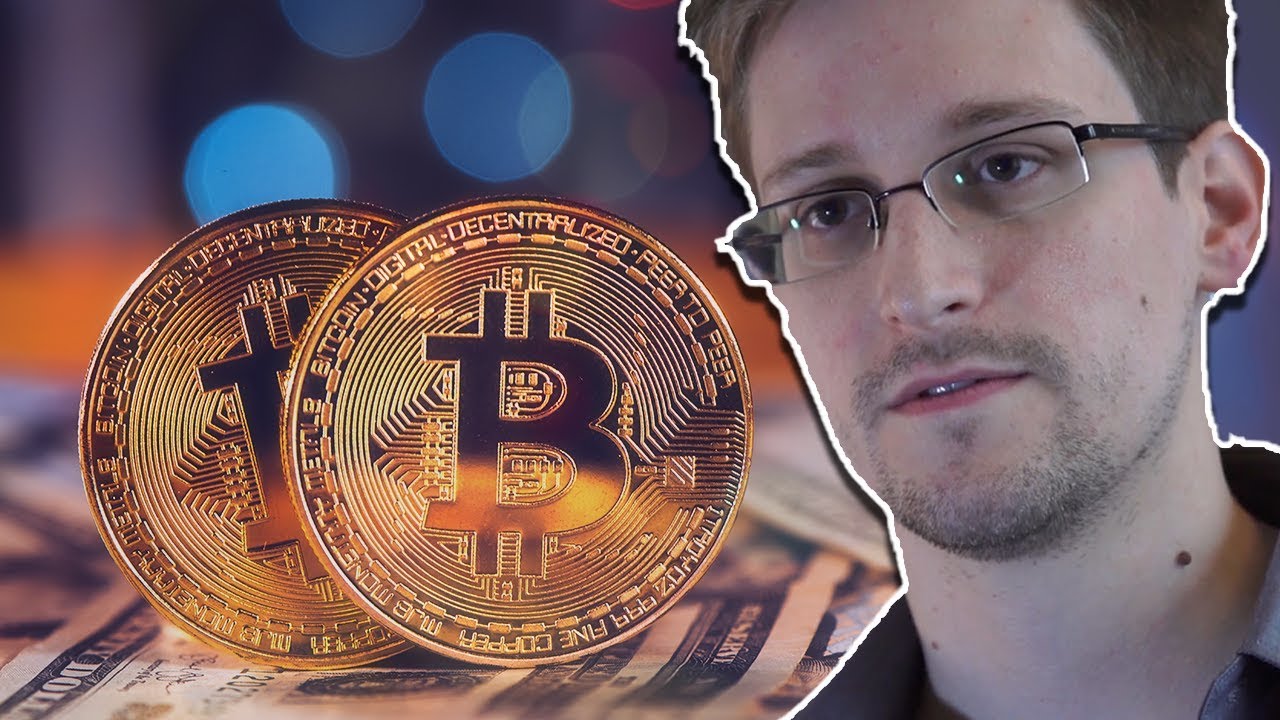AI is a Major Threat to Bitcoin Anonymity – Edward Snowden
28.07.2024 15:19 1 min. read Alexander Stefanov
At the recent Bitcoin Conference in Nashville, privacy advocate Edward Snowden warned about Bitcoin’s privacy flaws and the looming threats posed by AI advancements.
Speaking virtually on July 26, Snowden cautioned that AI could soon analyze blockchain transactions, compromising the privacy of crypto users globally.
Snowden highlighted that Bitcoin transactions aren’t as anonymous as many believe, as they can be traced back to individuals through regulated exchanges. This traceability can reveal personal details and affiliations, putting users’ privacy at risk.
He emphasized that the implications extend beyond Bitcoin, suggesting that governments and corporations might use AI to create detailed profiles of individuals. He predicted that within 5-10 years, big data could leverage blockchain to monitor nearly every aspect of our lives, leading to predictive behavioral models.
READ MORE:

The US Will be The Crypto Capital of The Planet And The World’s Bitcoin Superpower – Donald Trump
Snowden called for urgent measures to secure Bitcoin transactions and protect user privacy, warning that ignoring these issues could have severe consequences. He noted the increasing scrutiny from governments worldwide on privacy-focused blockchains, including the US government’s actions against protocols like Tornado Cash.
In closing, Snowden advised the crypto community to be cautious of politicians seeking their support, urging them not to align too closely with any political figure. He emphasized the importance of maintaining independence and prioritizing the community’s interests over political agendas.
-
1
Bitcoin Rises as Thousands of Altcoins Disappear
07.07.2025 13:00 2 min. read -
2
Bitcoin: Historical Trends Point to Likely Upside Movement
08.07.2025 16:00 2 min. read -
3
Strategy Buys 4,225 more Bitcoin, Pushing Holdings to 601,550 BTC
14.07.2025 18:34 2 min. read -
4
Bitcoin ETFs Top $50 Billion in Inflows, Marking Institutional Breakthrough
10.07.2025 11:00 2 min. read -
5
Bitcoin Shouldn’t Be Taxed, Says Fund Manager
07.07.2025 9:00 2 min. read
Here’s When the Bitcoin Cycle May Peak, Based on Past bull Markets
According to a new chart shared by Bitcoin Magazine Pro, the current Bitcoin market cycle may be entering its final stretch—with fewer than 100 days remaining before a potential market top.
Bitcoin Price Prediction: $130K in Sight After ‘Crypto Week’ Boost
Bitcoin (BTC) is once again hovering near its all-time high today as trading volumes have jumped by 13% in the past 24 hours upon breaking the $119,000 barrier, favoring a bullish Bitcoin price prediction. The top crypto has booked gains of 16% in the past 30 days and reached a new record at $123,091 earlier […]
Support Test or Breakout Ahead? Bitcoin Hovers at Key Decision Zone
Bitcoin is consolidating around $119,000 after last week’s all-time high above $123,000.
Strategy Launches Fourth Preferred stock Offering to Fuel Bitcoin Buys
Strategy Inc. (NASDAQ: MSTR) has announced the launch of its fourth perpetual preferred stock offering, marking a new phase in the company’s ongoing efforts to expand its Bitcoin treasury holdings.
-
1
Bitcoin Rises as Thousands of Altcoins Disappear
07.07.2025 13:00 2 min. read -
2
Bitcoin: Historical Trends Point to Likely Upside Movement
08.07.2025 16:00 2 min. read -
3
Strategy Buys 4,225 more Bitcoin, Pushing Holdings to 601,550 BTC
14.07.2025 18:34 2 min. read -
4
Bitcoin ETFs Top $50 Billion in Inflows, Marking Institutional Breakthrough
10.07.2025 11:00 2 min. read -
5
Bitcoin Shouldn’t Be Taxed, Says Fund Manager
07.07.2025 9:00 2 min. read

